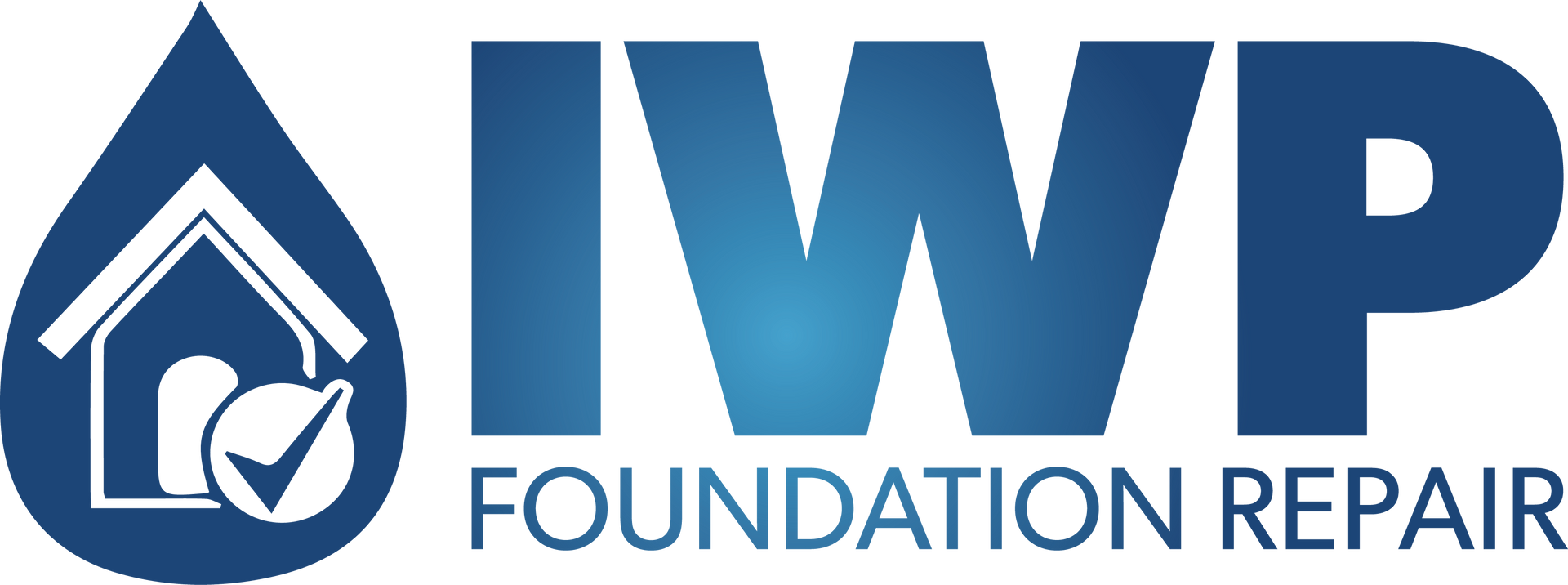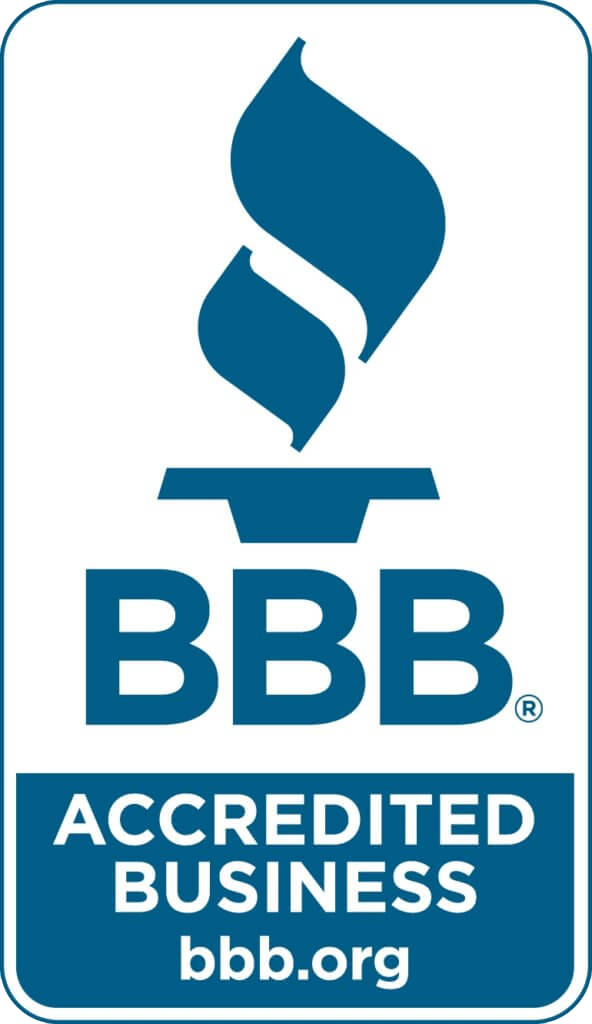How Can I Check for Uneven Floors In My Home?
Unveiling the Secrets Beneath Your Feet: Detecting and Addressing Uneven Floors for a Sturdy Home Foundation
The floors of your home are not just surfaces you walk on; they are vital indicators of your home's structural health. If you've ever wondered whether your floors are uneven or sloping, this comprehensive guide will help you uncover the signs and explore how foundation repair can play a pivotal role in restoring stability to your home.
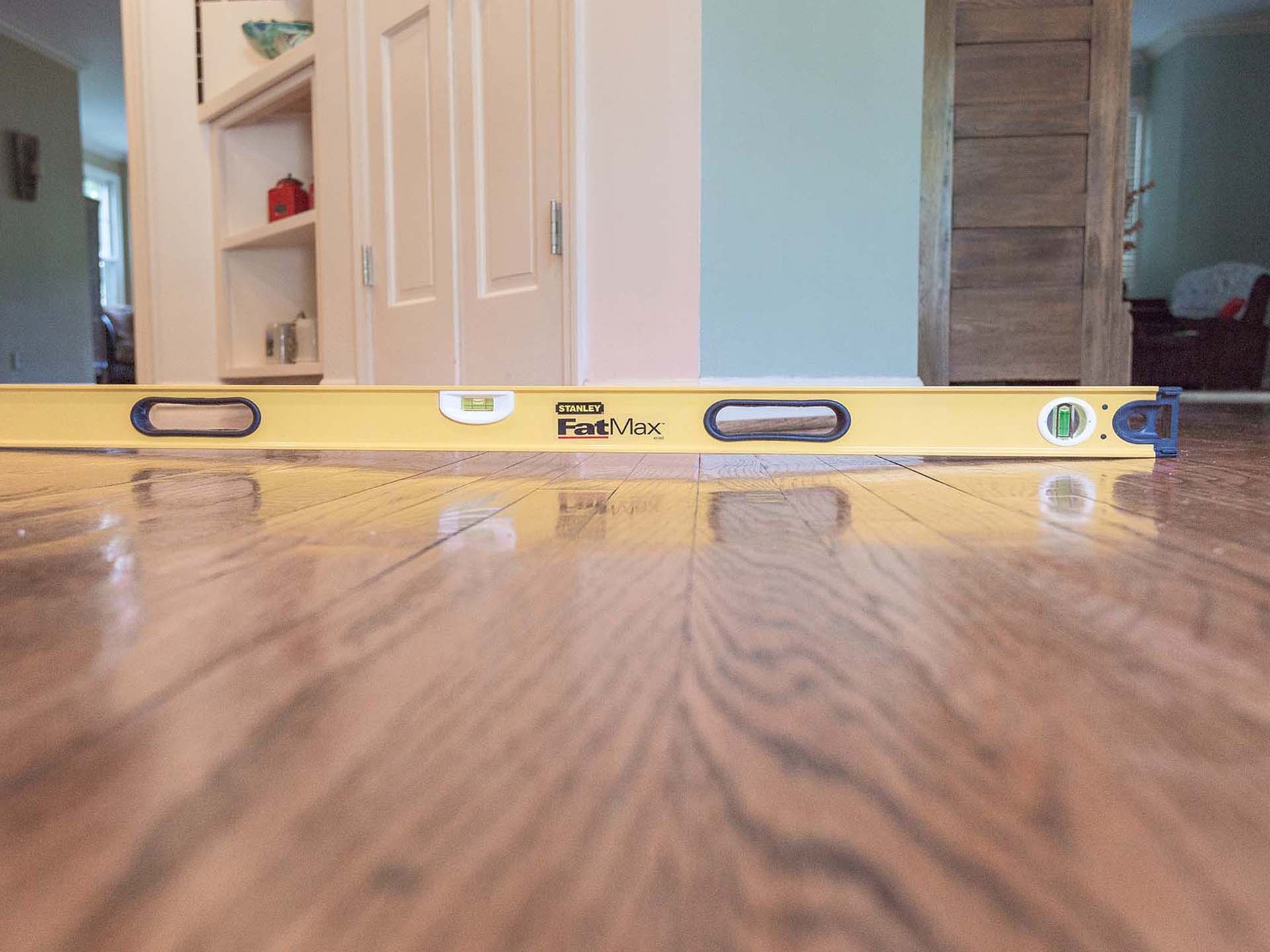
Detecting Uneven Floors
The Marble Test
One of the simplest DIY methods is the marble test. Place a small, round marble on various areas of your floor. If it rolls in a particular direction, it indicates unevenness.
Visual Inspection
Carefully observe the floors from a distance. Look for any noticeable slopes or dips, especially near walls or in high-traffic areas.
Use a Level
A leveling tool is a more precise method. Place it on different parts of the floor to determine if it sits evenly. Note any discrepancies, as they may indicate an uneven foundation.
Measure the Height
Measure the height of your floors at different points. Variations in height can reveal unevenness.
Check Doors and Windows
Observe the operation of doors and windows. If they stick, jam, or show difficulty in opening and closing, it may indicate foundation movement affecting the alignment of your home.
Understanding the Role of the Foundation
Causes of Uneven Floors:
Uneven floors often stem from foundation issues, such as settling, heaving, or soil movement. These problems can compromise the structural integrity of your home.
Impact on Structural Stability:
Uneven floors are not merely a cosmetic issue; they can indicate underlying structural problems. Ignoring these signs may lead to further damage and costly repairs,
Foundation Repair Solutions:
Professional foundation repair is the key to addressing uneven floors. Here are some common techniques:
- Piering and Underpinning:
These methods involve stabilizing and supporting the foundation by installing piers or underpinning systems. This helps counteract settling and restore evens to the floors.
- Polyurethane Leveling:
If you have a concrete slab foundation, poly leveling involves injecting a foam mixture beneath the slab to lift and level it.
- Crawlspace Encapsulation:
For homes with crawlspaces, encapsulation can prevent moisture-related issues that contribute to uneven floors.
- Waterproofing:
Addressing water intrusion and drainage problems is crucial for preventing further damage to the foundation.
When to Seek Professional Help
While DIY assessments are beneficial, it's essential to consult with a professional if:
- Your floors exhibit significant sloping or unevenness.
- DIY assessments reveal potential foundation issues.
- You notice cracks in the walls, ceilings, or foundation.
- Doors and windows consistently display operational difficulties.
Your home's foundation is the backbone of its stability, and uneven floors can be indicative of underlying structural challenges. Regular DIY checks can help you catch issues early, but when it comes to foundation repair, seeking professional assistance is crucial. Investing in foundation repair not only restores the evenness of your floors but also ensures the long-term health and stability of your home. Remember, a solid foundation is the cornerstone of a safe and secure living space.
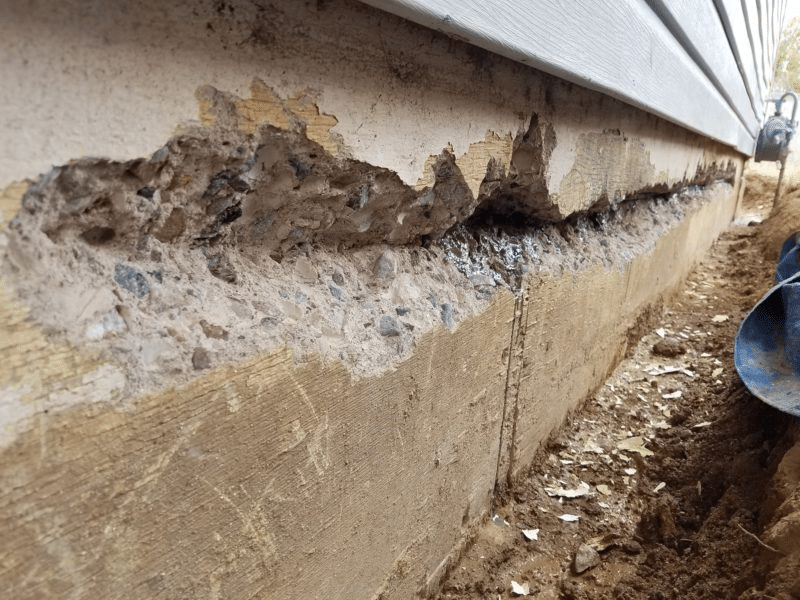
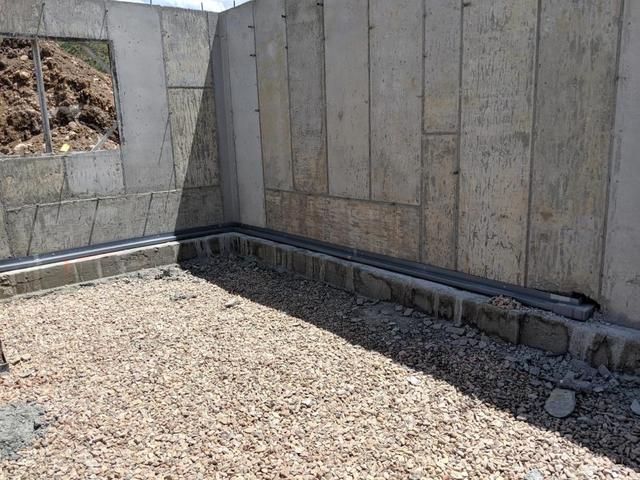


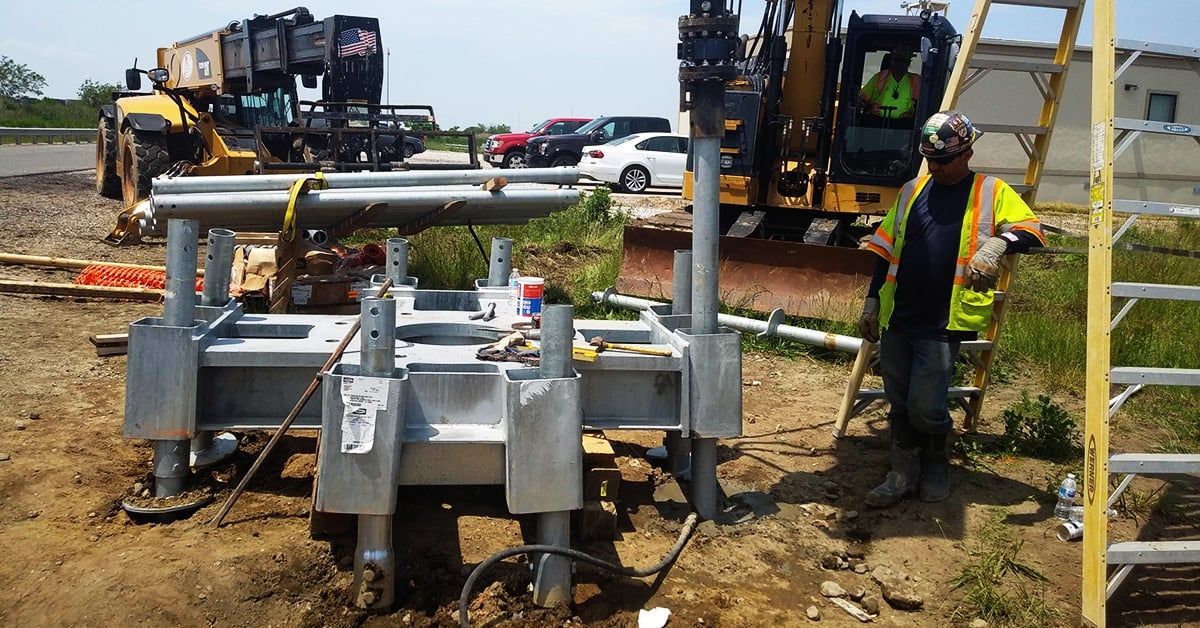





HAVE PEACE OF MIND WITH IWP FOUNDATION REPAIR
With over 30 years of combined experience in the business, you know that you can trust our team to get the job done right the first time. We value the customer experience, which is why we take the time to listen to your concerns, answer all your questions, and explain the best plan of action for your home. If you’ve noticed any foundation issues at all, no matter how minor they seem, you should call a professional. Our expert team is waiting for you, so call today for a free evaluation!
